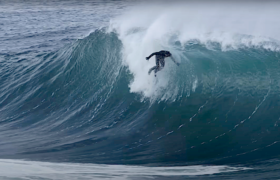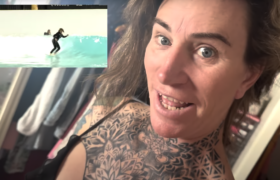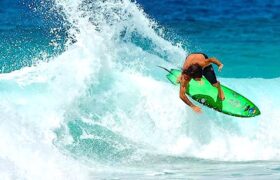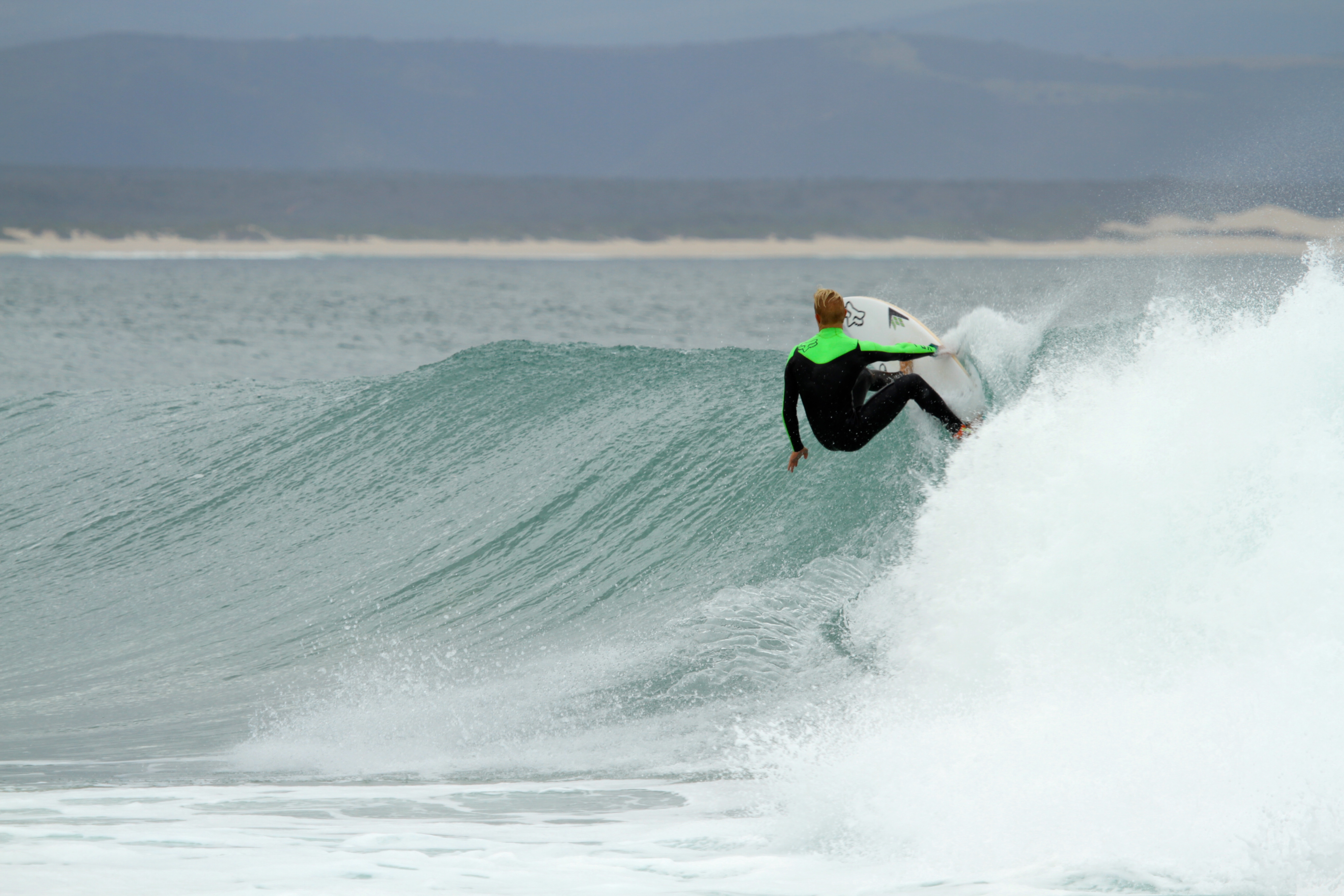Mick and Julian's post shark attack news conference called out in Australia's news.
I think, for most writers, taking the path into marketing is a tempting proposition. It’s really not much more than lying with a straight face, and that’s easy. Especially if you’re more or less morally bankrupt and approach most strangers with some small species of contempt.I think the only thing that spared me the indignity of professional employment of rhetorical devices in order to flog a garbage product is my total inability to cooperate with others.
The thing with marketing, it’s like sucking cock. There’s nothing wrong with it, some people really enjoy it. But to do it for a living…Go ahead, but keep it private. Maybe think twice about flouting how good you are at it.
Today’s Sydney Morning Herald (tomorrow’s, from my perspective, thanks to my location on the other side of the international dateline) included an article by Andrew Hughes “a lecturer in marketing in the Australia National University’s Research School of Management, where he acts as the Director of the MBA.” Titled, Shark attack: Mick Fanning’s sponsors fail by being noticed. It examines the product placement at hand during a press conference Julian and Mick held in the wake of the recent shark attack.
Hughes pays lip service to the notion of authenticity, the idea that good marketing is indistinguishable as such. Ideally we’re sold to subliminally, “If the consumer notices the marketing your campaign goes from natural to manufactured very quickly and loses its impact and effectiveness.”
He goes on, “Similarly if a consumer doesn’t notice the difference, then it’s hello to viral distribution and huge impact and engagement.”
At issue is the prominent product placement enjoyed by both Red Bull and Rip Curl during the press conference, “It was a brand message too far. A bite into the credibility of the very brands themselves. Using the media to carry the message like this went past PR and into advertising.”
Red Bull holds a strange place in my heart. On one hand it’s really just an addictive concoction of sugar and caffeine that’s marketed, very successfully, to stupid children. On the other hand, the company pumps an obscene amount of money into really cool projects, and I don’t like children anyway. If the newest crop of internet addicted crotch fruit ripens into an entire generation of attention deficit slobs I’ll be a happy camper. Less competition for work in the coming decades.
Rip Curl sells tide watches. In 2015. Because you desperately need a tide watch. It’s not like we have some sort of magical square in our pocket that tells us the time, gives us surf reports, and can deliver up copious amounts of pornography at the wave of a hand.
Either way, there’s not a whole lot of actual authentic “authenticity” to be had. Not unless you really believe that ADS and Mick and Julian and Jordy want nothing more than a lukewarm energy the moment they finish a heat.
Manufactured authenticity, though, what a concept. Are people so foolish as to be blind to the manipulation?Probably, I guess. Like George Carlin said, “Think of how stupid the average person is, and realize half of them are stupider than that.”
I know that when I was an empty headed pubescent grommet I couldn’t wait to piss away my money on whatever hot brand my fave surfer was wearing. Andy’s rocking MCD? Gotta grab a pair of shin length boardies! Taylor Steele is riding for No Fear? Is No Fear cool again? Okay, sign me up.
We do grow up, though, and Hughes may be overestimating the efficacy of his profession when he says, “Athlete endorsements help brands leverage into that natural and authentic space easily. They help develop a personality for the brand that is used to develop a relationship with customers that can last for decades.” Little lasts for decades, and in the easy come and easy go surf world you need to cash in while you can. Just because surfing is cool now there’s no indication it’ll still be so in a year. The skate industry has understood that since the 60’s, catering to the whims of childish affectation is a feast or famine livelihood.
Hughes leads into his wrap up with the statement, “And the more natural you are as an athlete the better. Just ask Shane Warne or Greg Norman, both of whom have successful product ranges and personal brand portfolios.”
All I can say to that is, who the fuck are Shane Warne and Greg Norman?







